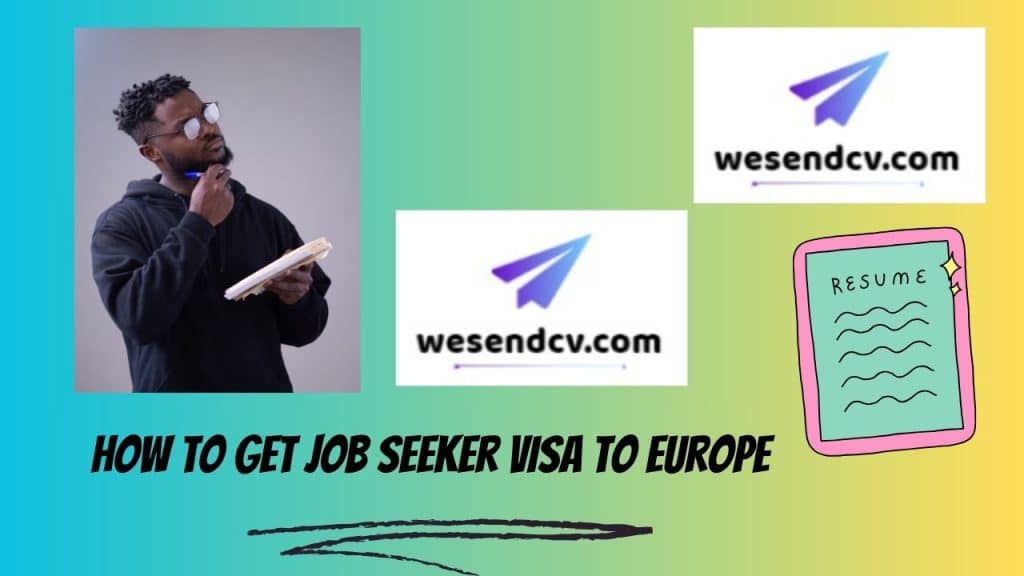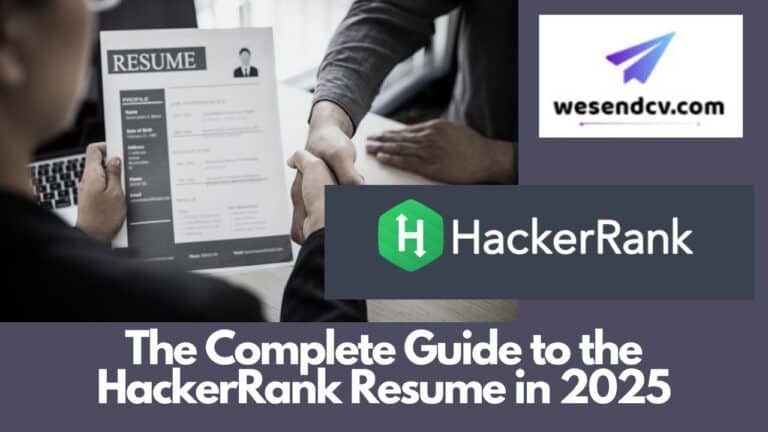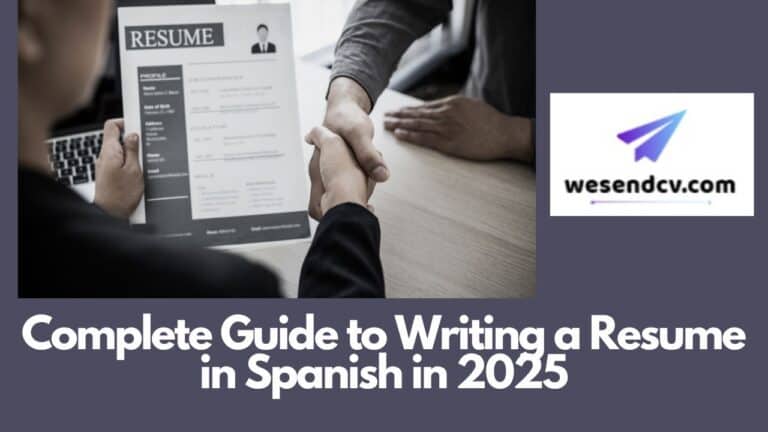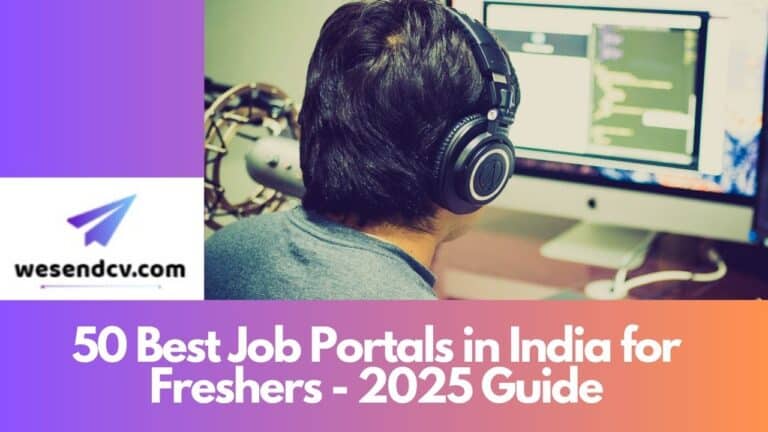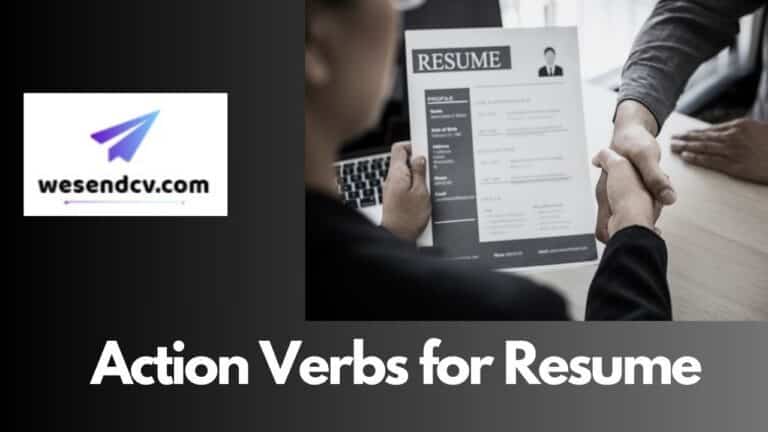Are you a job seeker looking to explore the European job market? Do you want to know more about the job seeker visa in Europe? In this article, we’ll provide you with a comprehensive guide to help you navigate the process of obtaining a job seeker visa in Europe.
What is a Job Seeker Visa?
A job seeker visa is a type of visa that allows you to enter and stay in a European country for a specific period to look for a job. The visa is usually valid for a maximum of 6-12 months, depending on the country and the type of visa.
Eligibility Criteria
To be eligible for a job seeker visa, you must meet certain criteria, including:
- You must be a non-EU/EEA citizen
- You must have a valid passport
- You must have a bachelor’s degree or higher
- You must have a minimum of 2 years of work experience
- You must have a good command of the language of the country you’re applying to
- You must have a valid health insurance
Types of Job Seeker Visas
There are several types of job seeker visas available in Europe, including:
- The EU Blue Card: This is a work permit that allows you to work in an EU country for up to 4 years.
- The Job Seeker Visa: This is a visa that allows you to look for a job in an EU country for up to 6-12 months.
- The Youth Mobility Visa: This is a visa that allows young people (aged 18-30) to work and travel in an EU country for up to 1 year.
Application Process
The application process for a job seeker visa typically involves the following steps:
- Research the country and the type of visa you’re interested in
- Check the eligibility criteria and make sure you meet the requirements
- Gather the required documents, including your passport, degree, and work experience
- Submit your application and pay the application fee
- Wait for the decision on your application
Tips and Tricks
Here are some tips and tricks to help you navigate the job seeker visa process:
- Make sure you research the country and the type of visa you’re interested in thoroughly
- Make sure you meet the eligibility criteria and gather all the required documents
- Be prepared to provide detailed information about your work experience and qualifications
- Be prepared to provide proof of health insurance
- Be prepared to provide proof of sufficient funds to support yourself during your stay
Get Jobs in Europe using our service from your home country. Europe Job Seeker Visa – EU Europe Job Seeker Visa – Schengen Job Seeker Visa. We Offer Monthly Job Search Offers Entry-Level and Graduate, Junior level and Mid-level, Senior Roles, Expert & Leadership
Here’s a friendly and informative FAQ about the Job Seeker Visa in Europe.

FAQ: Job Seeker Visa in Europe
Q1: What is a Job Seeker Visa?
A: A Job Seeker Visa allows individuals to enter a European country for a limited time to look for a job. It’s a great opportunity for highly skilled professionals to find employment in Europe.
Q2: Which countries offer a Job Seeker Visa?
A: Several European countries offer Job Seeker Visas, including:
- Germany
- Austria
- Sweden
- Netherlands
- Spain
- Portugal
Q3: Who is eligible for a Job Seeker Visa?
A: Eligibility generally includes:
- Holding a recognized higher education degree.
- Having sufficient funds to support yourself during your stay.
- Health insurance coverage.
- Meeting the specific language requirements of the country.
Q4: How long is the Job Seeker Visa valid for?
A: This can vary by country, but typically, the visa is valid for 6 months to 1 year.
Q5: Do I need a job offer to apply for this visa?
A: No, you do not need a job offer at the time of application. The purpose is to seek employment within the country.
Q6: What documents do I need to apply for a Job Seeker Visa?
A: Common required documents include:
- A valid passport
- Educational certificates
- Proof of funds (bank statements)
- Health insurance documents
- Motivation letter, resume or CV
Q7: Can I bring my family with me on a Job Seeker Visa?
A: This depends on the country’s regulations. Generally, family members may apply for a visa to accompany you, but it’s best to check the specific requirements of the country you’re interested in.
Q8: What happens if I find a job while on a Job Seeker Visa?
A: If you secure employment, you can usually change your visa status to a work visa. Each country has its specific process for this, so be sure to research!
Q9: How do I apply for a Job Seeker Visa?
A: Application processes may vary by country, but generally, you will need to:
- Gather the required documents.
- Fill out the visa application form.
- Schedule an appointment at the consulate or embassy.
- Attend the appointment and submit your application.
Q10: Is it easy to convert a Job Seeker Visa to a work visa?
A: It can be straightforward, especially if you find a job that meets the country’s visa requirements. Always check the specific conditions and documents needed for conversion.
Conclusion
Obtaining a job seeker visa in Europe can be a complex and time-consuming process, but with the right information and preparation, you can increase your chances of success. Remember to research the country and the type of visa you’re interested in thoroughly, make sure you meet the eligibility criteria and gather all the required documents.
If you have any more questions or need further clarification, feel free to ask! Good luck on your job-seeking journey in Europe!
About the Author
Linda Kaurji – As a career coach with over a decade of experience in the industry, I’ve helped countless job seekers navigate the complex world of job applications. With a background in human resources and a passion for helping others achieve their career goals, I’m committed to providing expert advice and guidance to job seekers of all levels.
